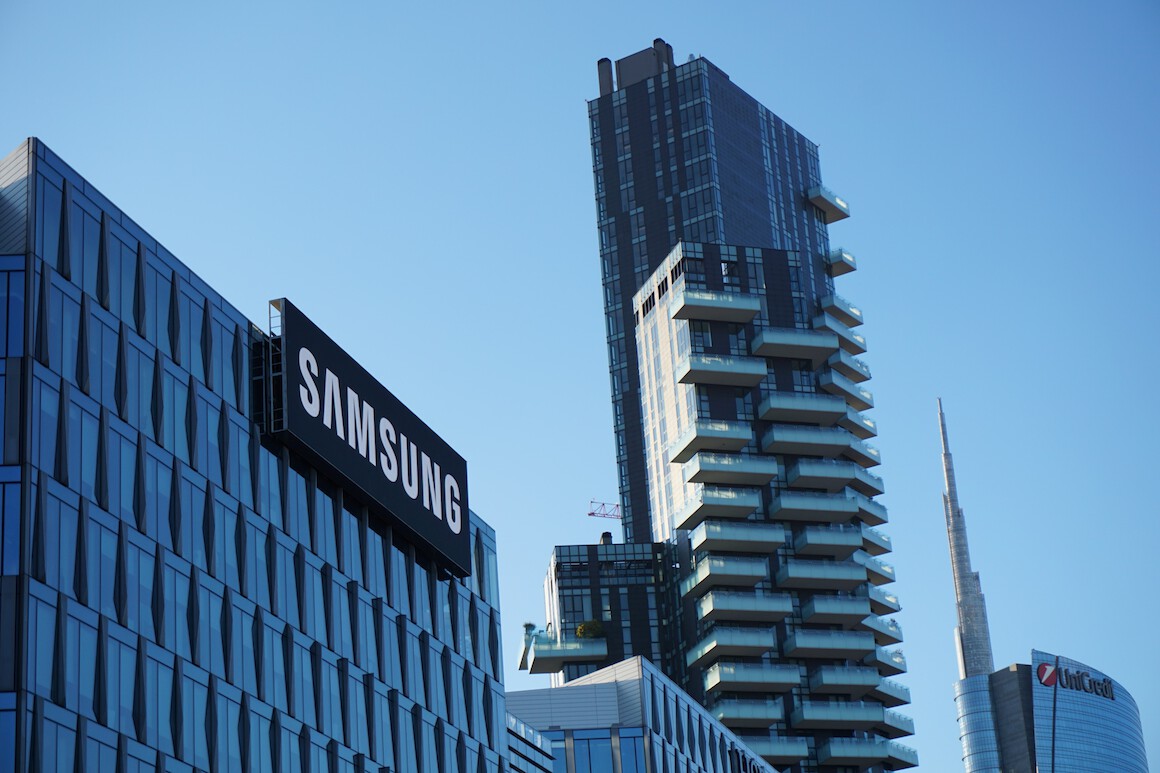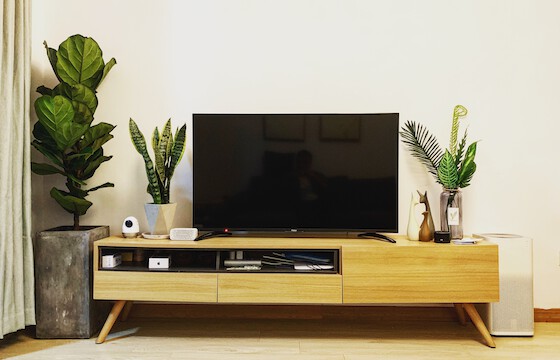The Dutch Competition Authority (‘ACM’) announced on September 29, 2021 that it has imposed a fine of more than € 39 million on Samsung Electronics Benelux B.V. (‘Samsung’) for violation of the cartel prohibition.
From January 2013 through December 2018 Samsung allegedly exerted undue influence on the online sales prices of television sets of seven independent retailers.
Systematic price coordination disguised as price recommendation
The summary of the fine decision (the fine decision has not yet been published) shows that Samsung monitored the resale prices of the retailers by extracting the price data from price comparison websites and the retailers' web shops by means of spider software/web crawlers. When Samsung noticed that the price of the retailers deviated too far from Samsung's desired price, it contacted the retailers and urged them to increase their price. This under the assurance that the same price was being communicated to competing retailers.
When retailers complained about the pricing of Samsung television sets by other retailers, Samsung would follow up on such complaints by contacting the retailer in question, and asking them to adjust their price to the desired level. Samsung subsequently reported back to the retailer that had filed the complaint. On other occasions, Samsung asked retailers to wait with following a price of a competing retailer until Samsung had contacted this retailer.
On the basis of these communications, which took place via e-mail and WhatsApp, retailers were, according to the ACM, able to trust that they would not price themselves out of the market if they set their prices at the levels desired by Samsung.
Martijn Snoep, Chairman of the Board of the ACM, summarizes the ACM’s findings as follows:
“Under the pretense of ‘price recommendations’, Samsung made sure that retailers increased their prices to the market price that Samsung desired. The retailers followed Samsung’s recommendations because Samsung, as the one pulling all the strings, also consistently confronted other retailers if they charged too low prices. Samsung knew it could not compel retailers to increase their prices. That is why Samsung associates used the term ‘recommendations’, but, in reality, those recommendations were neither personal nor non-binding. Samsung’s practices disrupted competition at the retail level, and resulted in higher prices for consumers.”
When setting the fine, the ACM considered it a mitigating circumstance that Samsung’s price coordination did not involve any sanctions (or the threat thereof) or incentives (financial or otherwise). In addition, the ACM took into account that this is the first time that it imposed a fine for this type of violation.
Samsung disagrees
According to Samsung, it merely gave retailers advice, and did not pressurize anyone nor did it create any incentives to adjust the prices to the recommended prices. Furthermore, Samsung alleged that, besides the general announcements of recommended resale prices, it merely communicated recommended prices reactively and on an ad hoc basis. Samsung claimed it always made clear that retailers were completely free to set their own prices, and that it never forced retailers to charge its recommended resale prices. Its practices, therefore, Samsung asserts do not violate the cartel prohibition. Not surprisingly, Samsung announced that it will appeal the decision.
Commentary
The fine imposed on Samsung is the first tangible result of the investigation launched in December 2018 by the ACM into resale price maintenance (RPM) of consumer goods by manufacturers and online and offline shops. After years of a rather relaxed stance on the part of the ACM, this investigation was the starting signal for the stricter enforcement line with regard to vertical violations as announced by Snoep in 2018. It seems only a matter of time before more vertical sanction decisions will follow.
Then the decision itself. It is striking that in the summary decision the ACM consistently refers to price coordination and not to RPM. Notable is further that only Samsung was fined and not the retailers involved in the conduct, this while - according to the information now available - the fined conduct was partly hub-and-spoke in nature.
After the full decision has been published, it will become clearer where, according to the ACM, the boundary lies between RPM / systematic price coordination and price recommendation. Whether the Dutch administrative court will ultimately follow the ACM's view remains to be seen.





Sign in to post comments